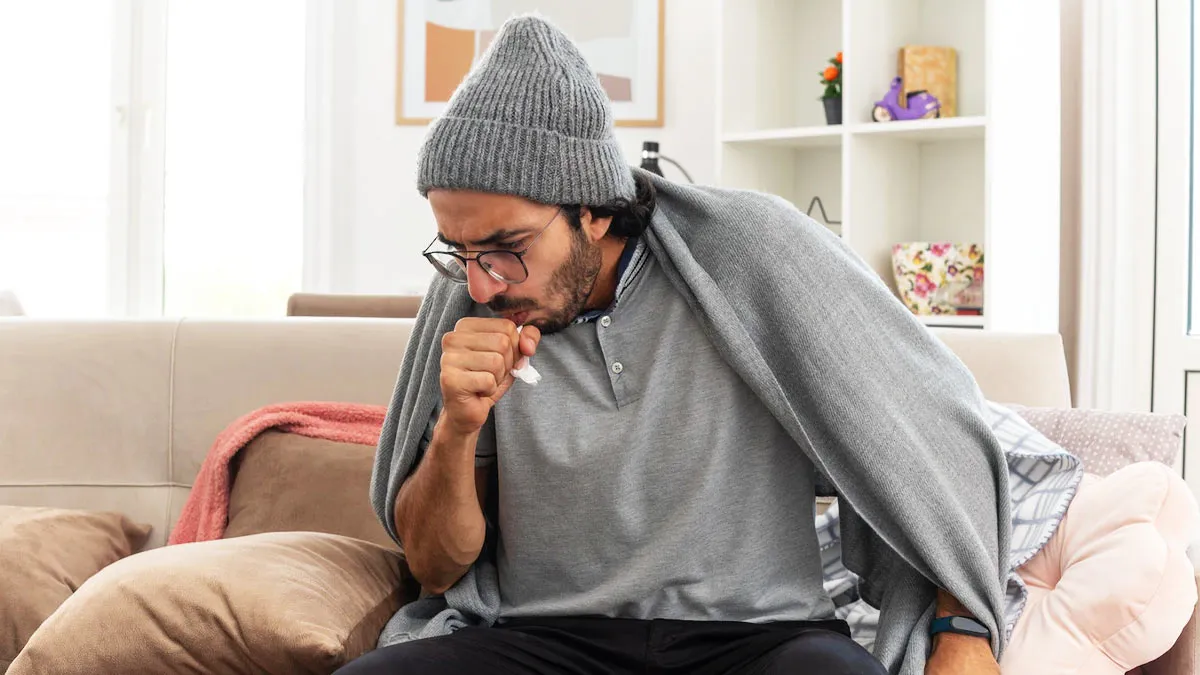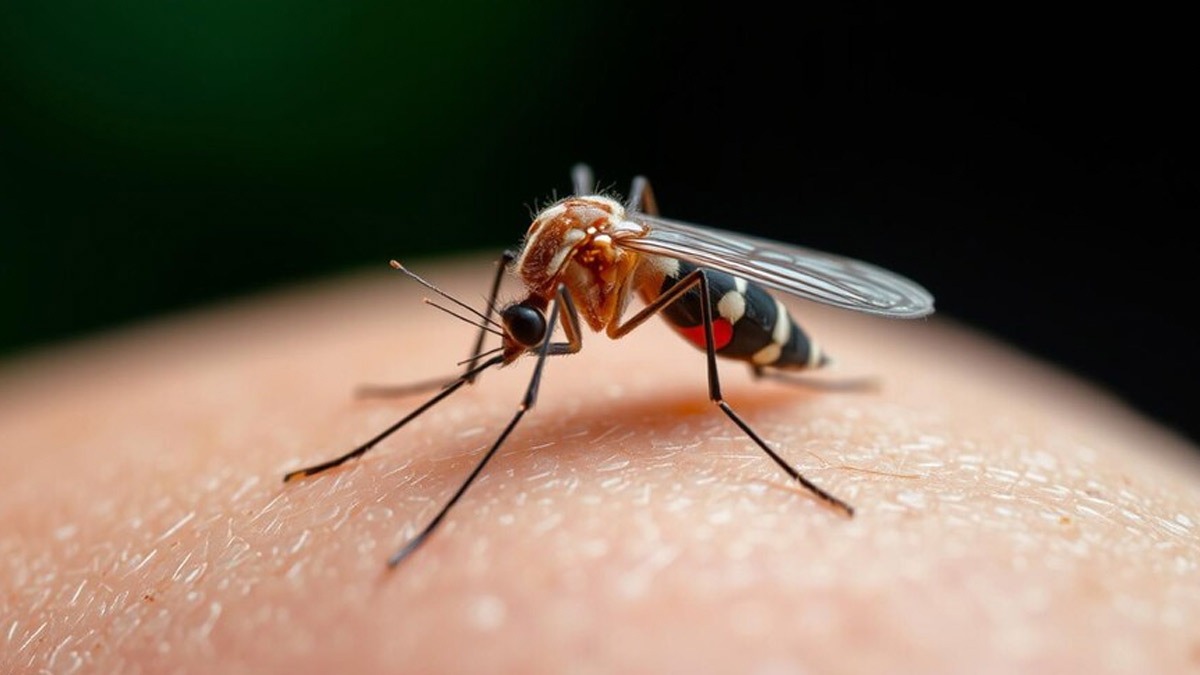
Fever and joint ache are prevalent symptoms that can be attributed to many diseases, but when they occur together, they might indicate a mosquito-transmitted disease such as chikungunya, especially during the monsoons. Misidentified as dengue or viral flu, chikungunya has been recurring at intervals in different corners of the globe. Thus, knowing about how it presents and when to approach a medical professional can be the difference between a quick recovery and otherwise.
Table of Content:-
We exclusively spoke to our expert, Dr Bhumesh Tyagi, Consultant, General Medicine and Physician, Shardacare, Health City, Noida, and he explained to us in detail if your fever and joint pain could be chikungunya, and when to be concerned. Read ahead to find out.
What Is Chikungunya?
Chikungunya is an arthropod-borne viral disease, mostly transmitted by the Aedes aegypti and Aedes albopictus mosquito, the same vectors that carry dengue and Zika. The term chikungunya comes from the Kimakonde language spoken in East Africa, translating to that which bends up, referring to the bent-over position of patients with debilitating joint pain.
Symptoms to Watch Out For
Dr Tyagi highlighted that chikungunya usually starts four to eight days following a mosquito bite, but it can occur as soon as two days. Major symptoms include:
- Abrupt onset of high fever (usually over 102°F / 39°C)
- Severe pains in the joints (particularly wrists, ankles, and knees)
- Headache, muscle pain, and weakness
- Skin rash in a few
- Swollen joints
Unlike dengue, chikungunya is not typically associated with bleeding or a sudden fall in platelet count. The severe joint pain, though, may persist for weeks or even months, so early treatment is important.

When Should You Be Concerned?
Dr Tyagi affirmed that not all fever and body pain is chikungunya, but see a doctor if you have the following symptoms:
- Persistent high fever not helped by usual medications
- Severe joint pain that limits movement
- Rash with fever
- Symptoms not improving or lasting more than a week
- People with underlying conditions, like diabetes, hypertension, or compromised immunity, need to be particularly careful since chikungunya can lead to complications.
How Is Chikungunya Diagnosed and Treated?
“A physician may prescribe a blood test to distinguish chikungunya from dengue, malaria, or other viral fevers. There is no antiviral medication for chikungunya as of now,” Dr Tyagi pointed out. Treatment is centred on:
- Proper rest and hydration
- Pain-relieving medications available over the counter (avoiding aspirin, particularly if dengue is suspected)
- Mild movement to avoid joint stiffness
- Patients most often recover in one to two weeks, although joint ache may persist longer in some patients.

Prevention of Chikungunya
Since chikungunya is transmitted by a mosquito bite, prevention measures coincide with those for dengue. Such as:
- Use insect repellents and long-sleeved clothing
- Screen doors and windows
- Drain standing water from potted plants, coolers, and other containers
- Cover water storage tanks
Bottomline
Fever accompanied by joint pain must never be underestimated, while it may be only a viral flu, it could also be an indication of chikungunya. Consulting a doctor early on ensures prompt treatment and avoids complications. Being careful with mosquito control not only safeguards you but also your community.
Also watch this video
How we keep this article up to date:
We work with experts and keep a close eye on the latest in health and wellness. Whenever there is a new research or helpful information, we update our articles with accurate and useful advice.
Current Version
Sep 03, 2025 17:11 IST
Published By : Tanya Srivastava